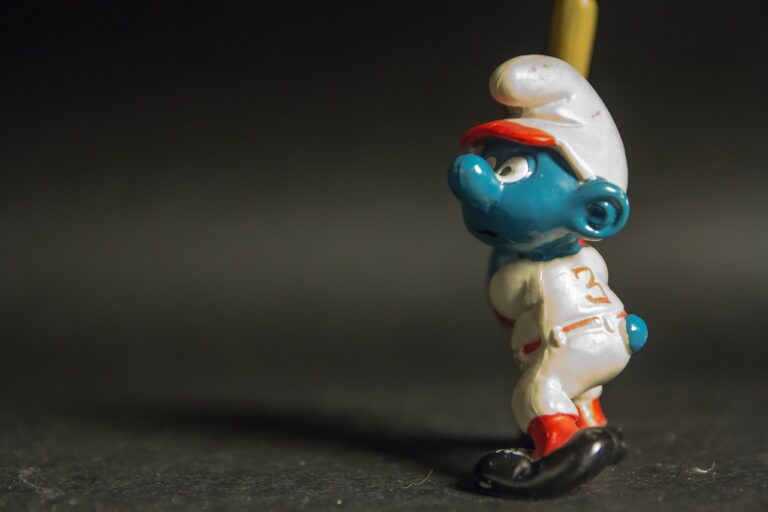The Role of Peer Feedback in Improving Student Learning Outcomes
Peer feedback in student learning has been recognized as a valuable tool for enhancing academic performance. When students provide feedback to their peers, they are able to gain a deeper understanding of the material by explaining concepts in their own words. This process not only reinforces their own learning but also helps them develop communication skills that are essential for success in both academic and professional settings.
Additionally, peer feedback encourages students to take ownership of their learning and become more actively engaged in the educational process. By analyzing and critiquing the work of their peers, students are challenged to think critically and reflect on their own perspectives and approaches. This not only fosters a sense of accountability but also promotes a collaborative learning environment where students are empowered to support and learn from one another.
The Impact of Peer Feedback on Student Engagement
Peer feedback plays a crucial role in enhancing student engagement within the learning process. When students are actively involved in providing feedback to their peers, it fosters a sense of ownership and responsibility for their own learning journey. This active participation not only increases their motivation but also helps in building a collaborative learning environment where everyone’s input is valued.
Moreover, the feedback received from peers often resonates more with students compared to feedback given by teachers. This is because students can relate to their peers on a more personal level and understand the perspective from which the feedback is given. This leads to a more meaningful and impactful engagement with the feedback received, ultimately leading to improved understanding and retention of the subject matter.
• Peer feedback enhances student engagement within the learning process
• Students feel a sense of ownership and responsibility for their own learning journey
• Active participation in providing feedback increases motivation
• Builds a collaborative learning environment where everyone’s input is valued
• Feedback from peers resonates more with students compared to feedback from teachers
• Students can relate on a personal level and understand the perspective of their peers
• Leads to more meaningful and impactful engagement with the feedback received
• Results in improved understanding and retention of subject matter
How Peer Feedback Enhances Critical Thinking Skills
Peer feedback plays a crucial role in enhancing critical thinking skills among students. When students provide feedback to their peers, they are required to analyze, evaluate, and synthesize the information provided, encouraging them to think deeply and critically about the work being reviewed. This process helps students develop their ability to identify strengths and weaknesses in arguments, leading to a more comprehensive understanding of the subject matter.
Moreover, peer feedback fosters a culture of constructive criticism and active discussion among students. By receiving feedback from their peers, students are exposed to different perspectives and alternative viewpoints, which challenge their own assumptions and beliefs. This exposure encourages students to think critically about their own work and reconsider their arguments from multiple angles, ultimately improving the quality of their analytical thinking skills.
What are some key benefits of peer feedback in student learning?
Some key benefits of peer feedback in student learning include increased understanding of the material, improved communication skills, and the opportunity for students to learn from their peers.
How does peer feedback impact student engagement?
Peer feedback can increase student engagement by making the learning process more interactive and collaborative. It gives students a chance to actively participate in the learning process and receive feedback from their peers.
How does peer feedback enhance critical thinking skills?
Peer feedback enhances critical thinking skills by encouraging students to analyze and evaluate their own work and the work of their peers. It requires students to think critically about the feedback they receive and use it to improve their own work.
Are there any potential drawbacks to using peer feedback in student learning?
Some potential drawbacks of using peer feedback include the possibility of receiving inaccurate or unhelpful feedback from peers who may not fully understand the material. It’s important for instructors to provide guidance on how to give constructive feedback to avoid these issues.







